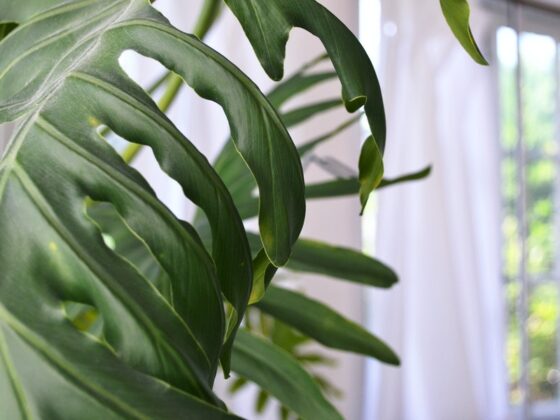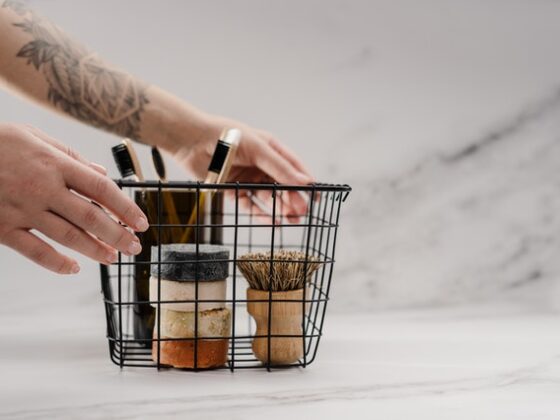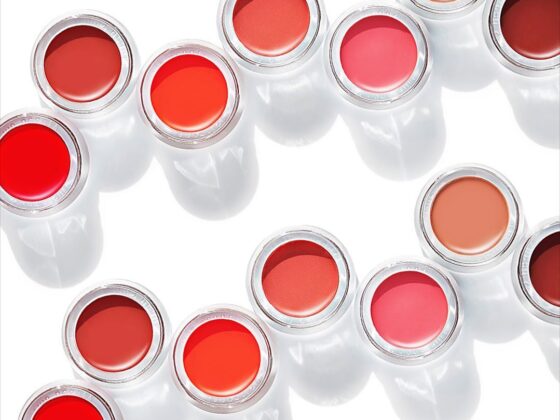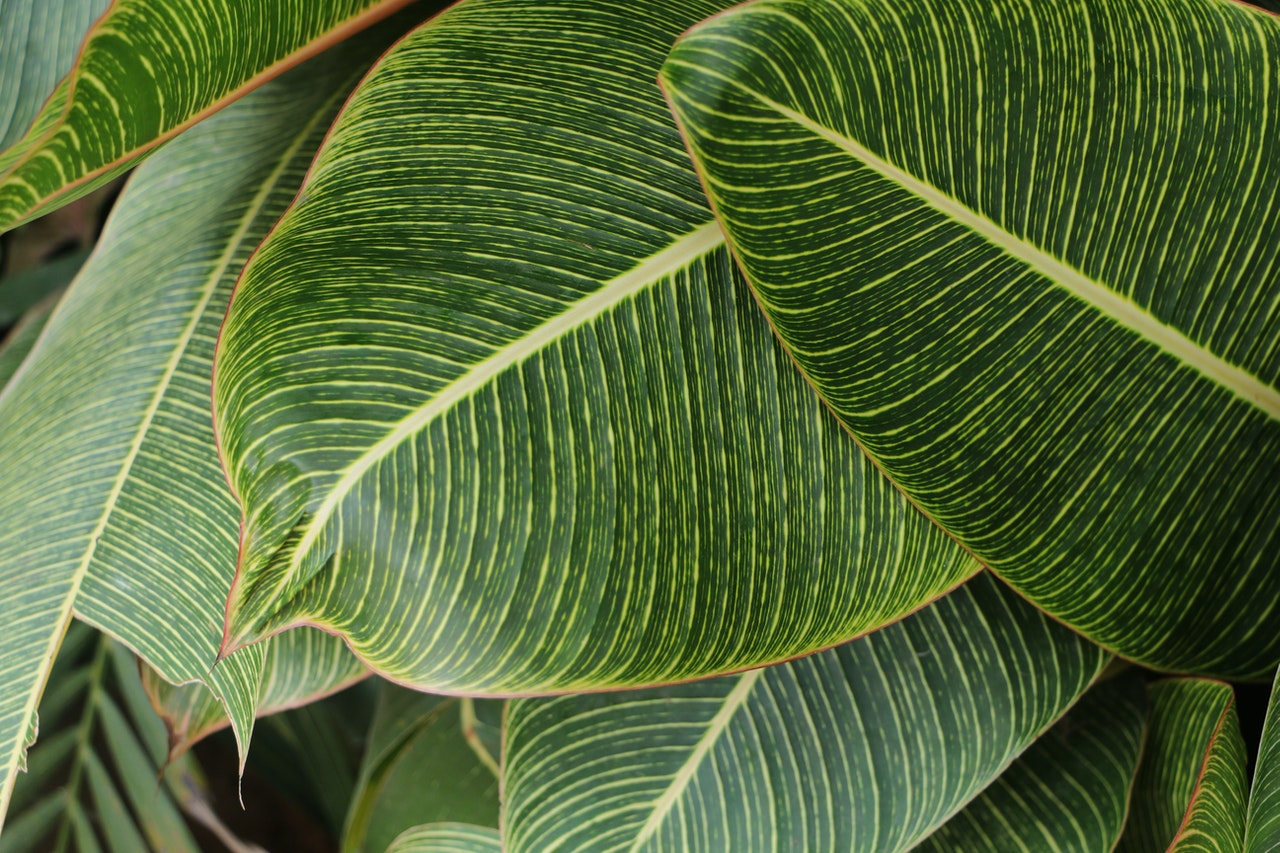by Mel Gooding
The term ‘Greenwashing’ is coming up more and more.
So what is Greenwashing anyway?

Greenwashing is when a company makes environmental claims about a product that are not necessarily substantiated or cannot be verified. One example was Nestlé’s repeated claims that ‘bottled water is the most environmentally responsible consumer product in the world’. This is clearly not true. Some companies have tried to ‘green wash’ their customers more subtly through the power of association, by featuring natural, scenic images in their advertising, while their products contain toxic chemicals. Another example is the use and misuse of the word natural in cosmetic and cleaning products. It is also worth pointing that some companies have been accused of greenwashing when they may be trying to solve an environmental problem through their products, as is the case with recycled polyester. However, whether a product is green, or not green, is not always so simple.
The easiest way to avoid green washing is to buy products that are certified by a credible organisation. That is to say that if a product does not contain a label or certification it is not environmentally responsible. There are a lot of natural, organic, environmental and socially responsible products out there that have a low impact on the environment and do not contain a label or certification. For example, products that are produced locally by small farmers or producers are often made organically and with minimal environmental impact. You may even personally know about their environmental and social standard of operation as they are part of your community.
It is also worth noting that many products are produced organically, but are unable to receive the organic certification as it is very strict regarding past land use activities, or activities happening in close proximity to an organic farm. For example, a farm may grow cotton organically, but if their neighbour uses a lot of chemicals or pesticides on their crops, they may not be eligible for the organic certification.
With local products and organically grown products without certification, labelling transparency is key. Many countries have strict labelling laws that prevent companies from making claims about their products that are not accurate. A product that is operating responsibly will normally provide details about their production processes for the consumer to understand the intention behind the product. Often small companies that make sustainable products are not large enough in size to go through a certification process, relying on word of mouth and the quality of their product to be successful.
How can I avoid greenwashing
If you’re anything like us, you’ll want to do your part to be an informed citizen and do your bit to avoid greenwashing. If you are living in a big city and don’t have access to local products, you may want to look out for a few of these environmentally and socially responsible certifications.
The Rainforest Alliance
This Rainforest Alliance certification programme originally focused on the environmental impact of production methods and on habitat conservation, but has increasingly incorporated standards for community relations and labour conditions.
FairTrade International
Probably the most recognisable environmentally and socially responsible label, FairTrade started with coffee and has now expanded to cover the supply chain of many products, including tea, cocoa, cane sugar, honey, bananas, other fresh fruit, fruit juices, bananas, rice and sports balls. This certification prohibits child or forced labour, enforcement of safe and healthy working conditions, rights to freedom of association and to collective bargaining, and criteria on working hours, wages, freedom from discrimination and the requirement for a social management system.
Vegan Friendly
As the awareness about animal cruelty increases, the number of cruelty free products is also increasing. More people are seeking cruelty free foods and cosmetic products, which has given rise to a number of vegan certifications. The Vegan Societies vegan sunflower logo is probably the most trusted certification and can be found on food and drink, beauty products, toiletries, cleaning products and services.
By buying local or looking for products with an ethical certification, avoiding green-wash is not as hard as you would think.
















